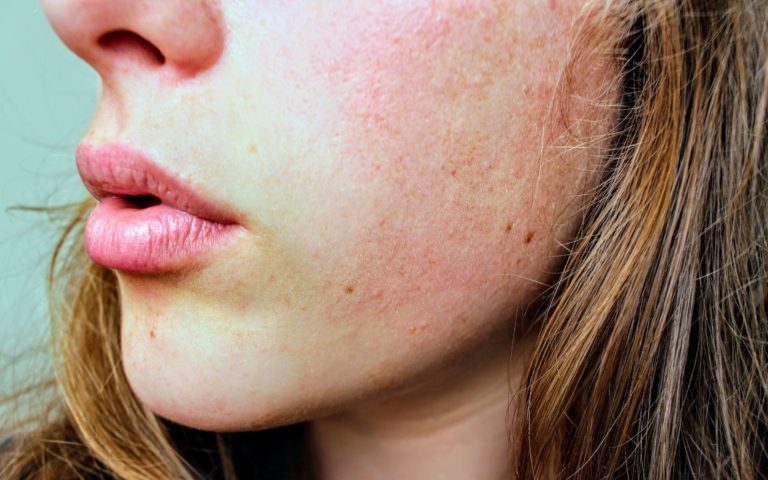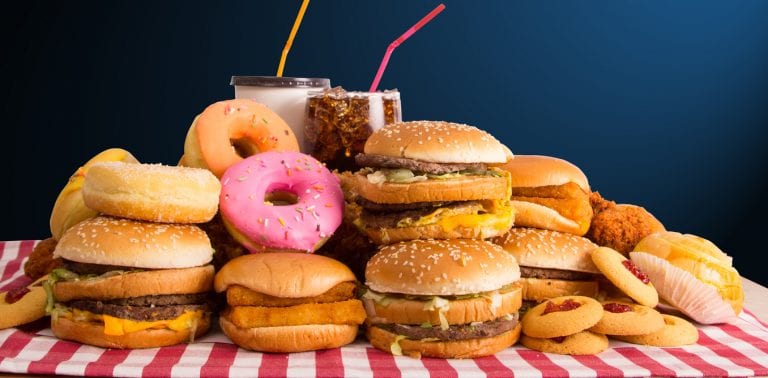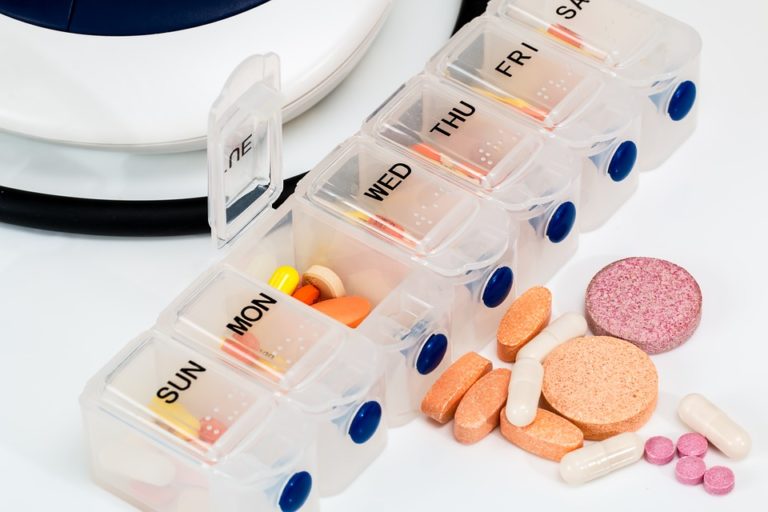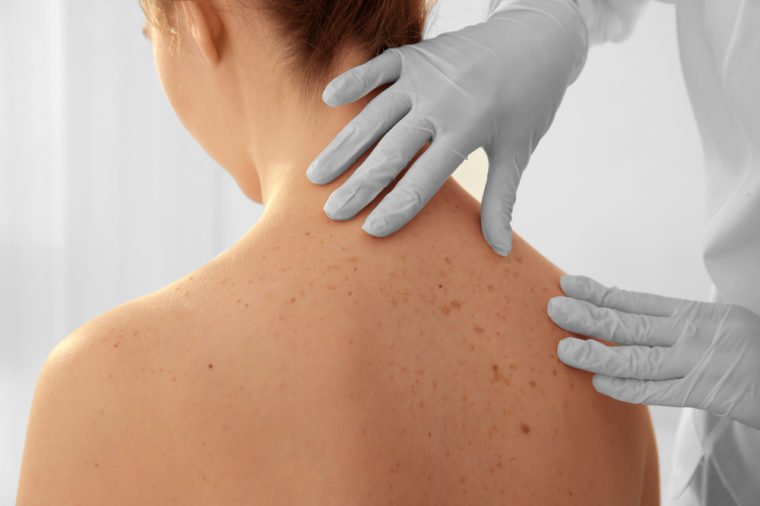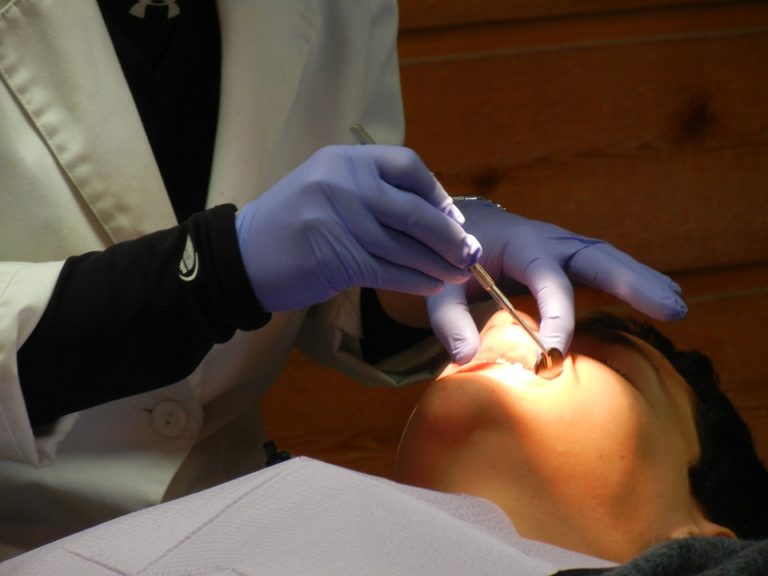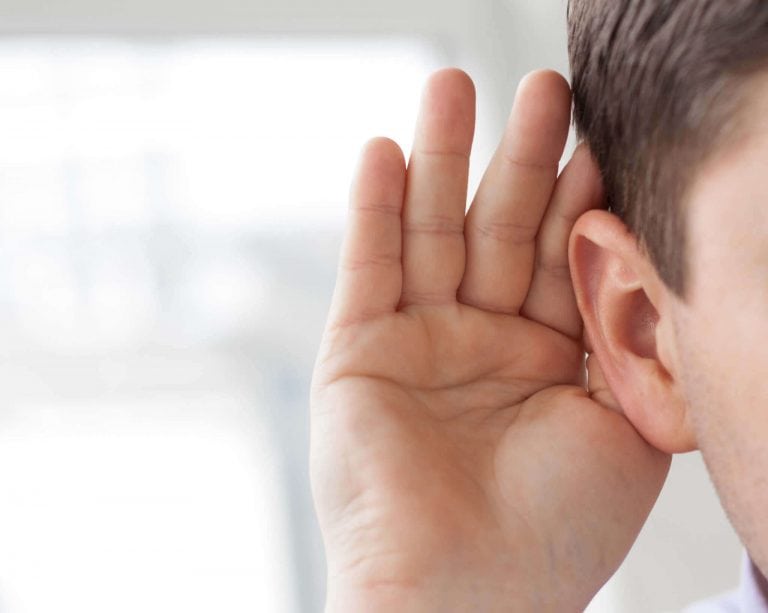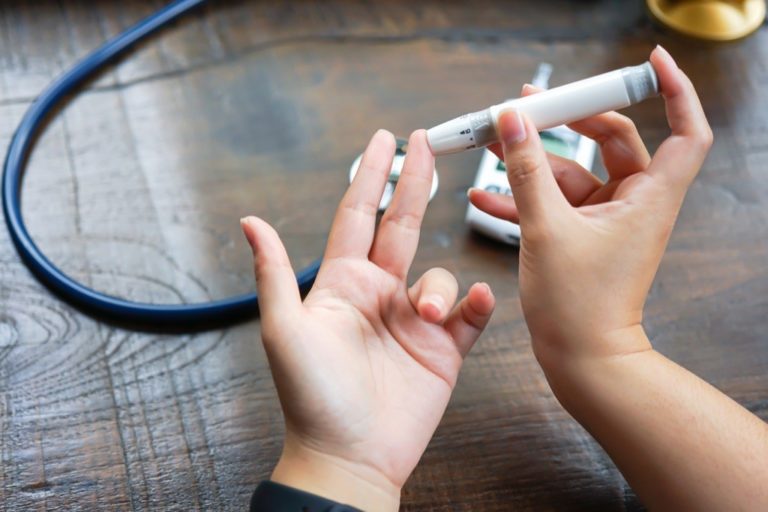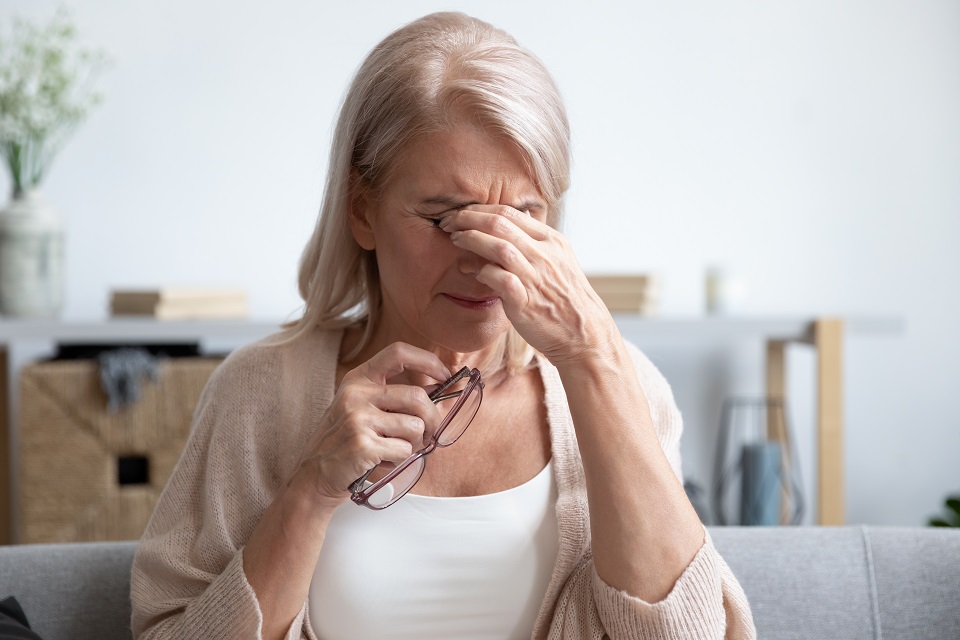
3. Halos and glare
An assistant professor of ophthalmology at the University of North Carolina School of Medicine, Meredith R. Klifto, MD, says that aging often translates to high-density eyeglass lenses. When you experience glare, halos, light sensitivity, cloudiness, and blurry vision, you may be at risk of developing cataracts.
Don’t neglect these signs! If you notice any of them, visit your ophthalmologist as soon as possible.
4. Pain
Eye pain is pretty unusual, but it’s most definitely a sign of eye-related disease if it happens. The severity of the eye pain can also give you some clues regarding the issue. Matthew Gorski, MD, an ophthalmologist with Northwell Health in Great Neck, New York, notes that the pain caused by corneal ulcers is moderate (in some cases severe). Still, it’s always accompanied by tearing, sensitivity to light, decreased vision, and burning.
If you’re wearing contact lenses, they could be the culprit too. As soon as you experience eye pain, see an ophthalmologist immediately. According to the American Academy of Ophthalmology, the causes of eye pain are numerous, including eye infections and injuries, so only a doctor can determine what’s causing it.







